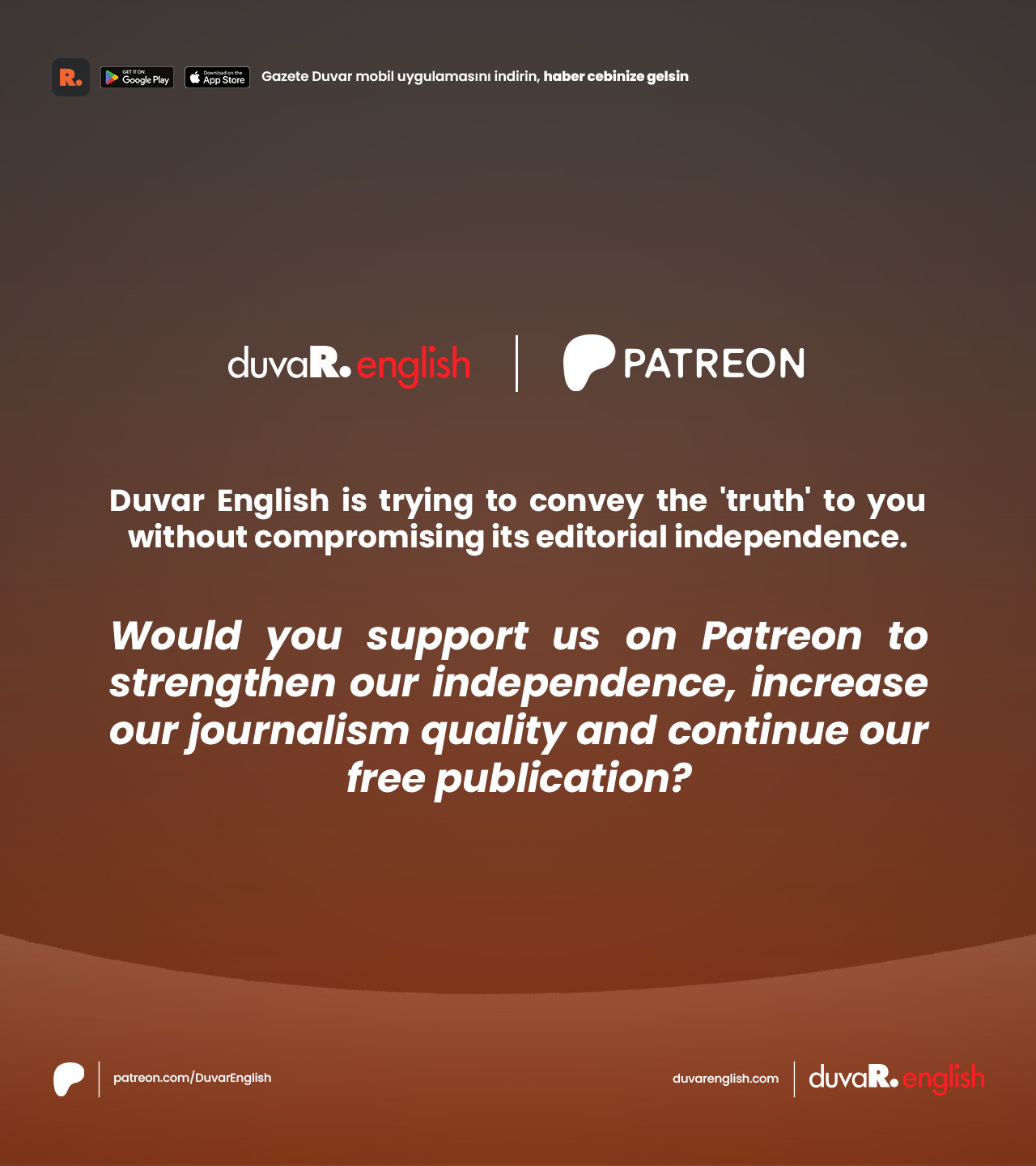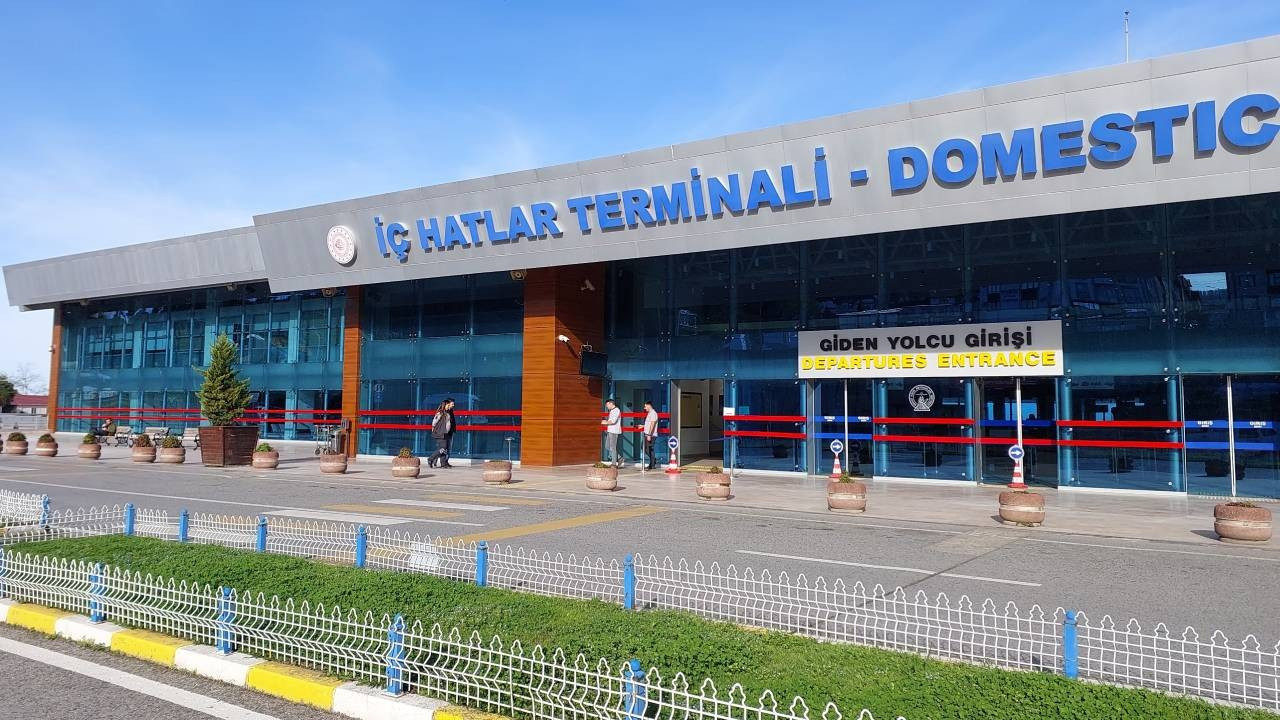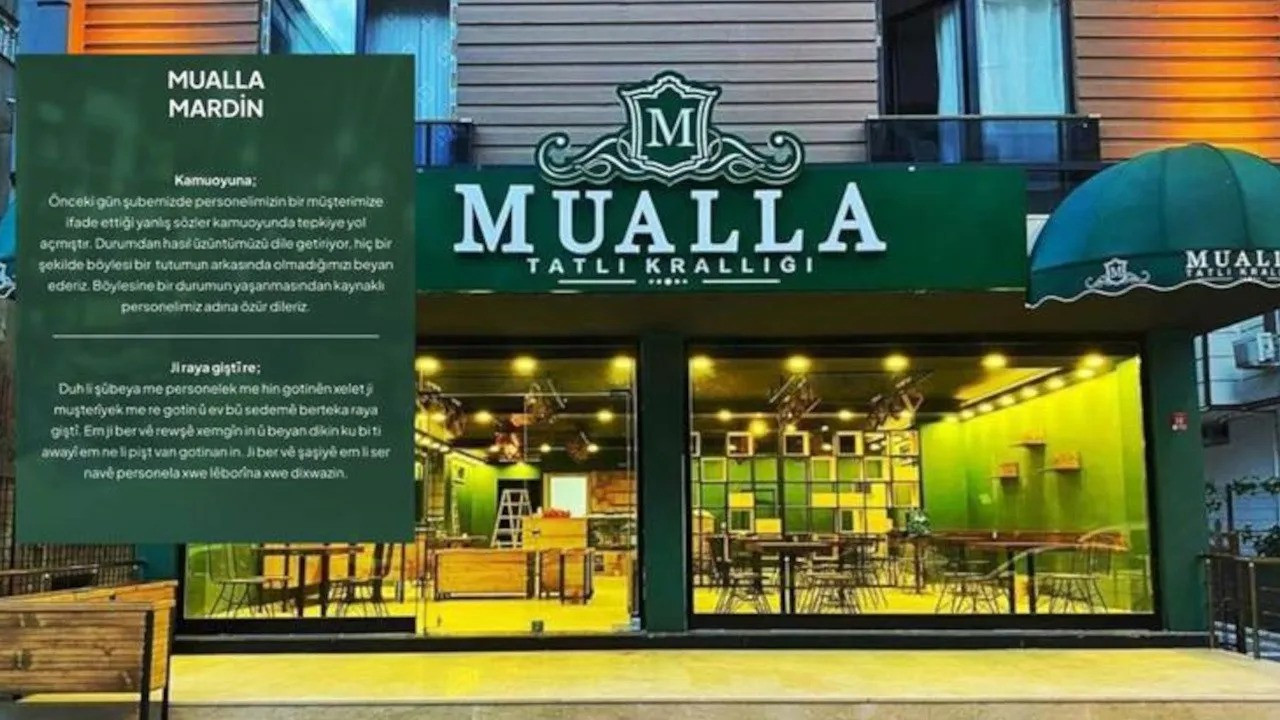Turkish court questions then releases man criticizing lack of Kurdish service in airport
A Turkish court has released Memduh Çalışan after questioning as his video criticizing the Istanbul Airport for not offering services in Kurdish drew attention on social media. Çalışan shot an exasperated video after his elderly mother could not find the exit of the airport because she did not speak Turkish.
Duvar English
An Istanbul court on Feb. 20 released Memduh Çalışan after questioning him about the video criticizing the lack of Kurdish services in the international Istanbul Airport.
Police took Çalışan under custody on Feb. 19 after his video drew attention on social media. He was released after police took his statement, according to reporting by online news outlet Artı Gerçek.
Çalışan explains in the video that his elderly mother was "stranded" in the airport for over two hours as she did not speak Turkish, and no officers could help her navigate out of the building. Çalışan had to go in and help his mother himself.
In the video, Çalışan said no one could help his “poor” mother in the “so-called third biggest airport in the world.” He criticized the government for not offering Kurdish signage or assistance in the airport.
“As a tax-paying citizen, none of my taxes went to a public servant who could help my mother,” he complained.
Çalışan asked why Kurdish was not available while others like English and Arabic were offered. “Let this be Turkey’s shame, don’t come asking for our votes,” he concluded.
The governor’s office in Istanbul had stated Çalışan’s video, providing time stamps from security camera footage to disprove his claims. According to the office, the woman left the airport in an hour.
The governor's office said that Çalışan's video was in “bad faith,” and only aimed to “propagandize against the government.”
#İstanbul Havalimanı’nda yaşanan ve sosyal medyada “Türkçe bilmediği için havalimanında hizmet alamadı ve 2 buçuk saat rehin kaldı” şeklinde iddialarla paylaşılan olaya ilişkin
— TC İstanbul Valiliği (@TC_istanbul) February 18, 2024
Basın Açıklamamız:
🔍https://t.co/7lcaFS5cmz pic.twitter.com/Dor1OPNrNE
Kurds make up around a fifth of Turkey’s population, but few can speak their mother tongue due to a years-long systematic oppression of the language. The right to education in the mother tongue has been among the Kurdish movement's primary demands.
Turkey’s current constitution, ratified after the 1980 military coup, does not entirely prohibit the use of Kurdish, but successive governments have repeatedly cracked down on its use. Kurdish nameplates and unofficial government services are sparsely available in the Kurdish majority districts.
The elderly Kurdish population who did not learn Turkish in school have trouble accessing public services from healthcare to transportation.
With the collapse of the ceasefire between the Kurdistan Workers' Party (PKK) and the Justice and Development Party (AKP) government in 2015, the latter started to reverse advances made for the use of the Kurdish language.


 Turkish district governor finds Kurdish play ‘inappropriate,’ cancels performanceCulture
Turkish district governor finds Kurdish play ‘inappropriate,’ cancels performanceCulture Turkish security guards assault workers for talking in Kurdish Human Rights
Turkish security guards assault workers for talking in Kurdish Human Rights Turkish patisserie apologizes after rejecting Kurdish song requestHuman Rights
Turkish patisserie apologizes after rejecting Kurdish song requestHuman Rights